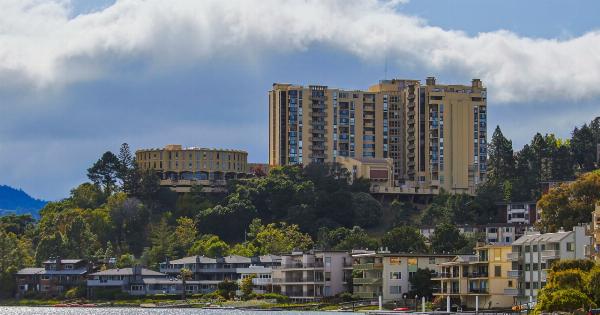When you sign a contract, you are entering into an agreement with another party that outlines your obligations and responsibilities. One issue that can arise in contracts is how to deal with fire and other natural disasters.
These events can cause significant damage to property and can disrupt the normal course of business or other activities.
What is a force majeure clause?
A force majeure clause is a provision that is included in many contracts. This clause provides a way to deal with situations that are outside the control of the parties involved in the contract.
Examples of events that may be covered by a force majeure clause include natural disasters, acts of war, or other unforeseeable events.
Typically, a force majeure clause will provide that if a particular event occurs, one or both parties may be excused from performing their obligations under the contract.
The clause may also specify how long the affected party has to remedy the situation before their performance is deemed to have been permanently excused.
How do contracts deal with fire?
When it comes to fire, contracts will usually specify what happens if a fire occurs and damages the property covered by the contract.
In many cases, the contract will require that the party responsible for the property repair or replace the property if it is damaged by fire. The contract may also specify who is responsible for paying for any repairs that need to be made.
Some contracts may also include provisions that address what happens if the property cannot be repaired or replaced due to fire damage.
For example, if a building is destroyed by fire, the contract may specify that the parties involved are no longer obligated to perform under the contract.
What about other natural disasters?
In addition to fire, contracts may also address how to deal with other types of natural disasters. For example, a contract may specify what happens if a flood, earthquake, or hurricane damages the property covered by the contract.
Typically, the provisions dealing with other types of natural disasters will be similar to those dealing with fire.
The contract may require that the responsible party repair or replace the property if it is damaged by the natural disaster, and may specify who is responsible for paying for any repairs that need to be made.
What if the contract does not have a force majeure clause?
If a contract does not have a force majeure clause, the parties will need to rely on other legal principles to address the situation. The most common principle that may be invoked is the doctrine of impossibility of performance.
Under this doctrine, if an event occurs that makes it physically impossible for a party to perform their obligations under the contract, they may be excused from performance.
However, this doctrine is quite narrow and will only be applied in very limited circumstances.
Conclusion
When entering into a contract, it is important to consider how the contract deals with fire and other natural disasters.
A force majeure clause can provide a useful mechanism for dealing with these types of events, but it is important to ensure that the clauses are well-drafted and specifically address the types of events that may occur.
Overall, carefully drafted contracts with well-thought-out clauses can help the parties involved in the contract deal with unexpected events, including natural disasters.



























